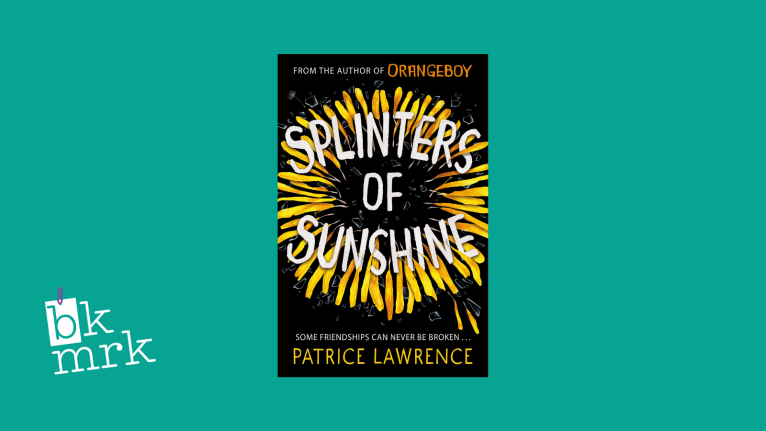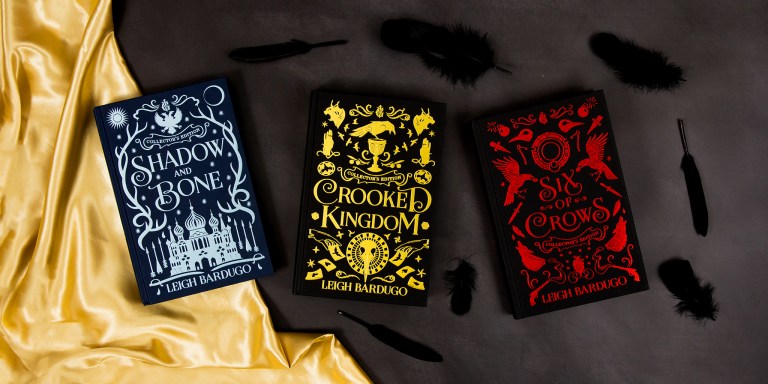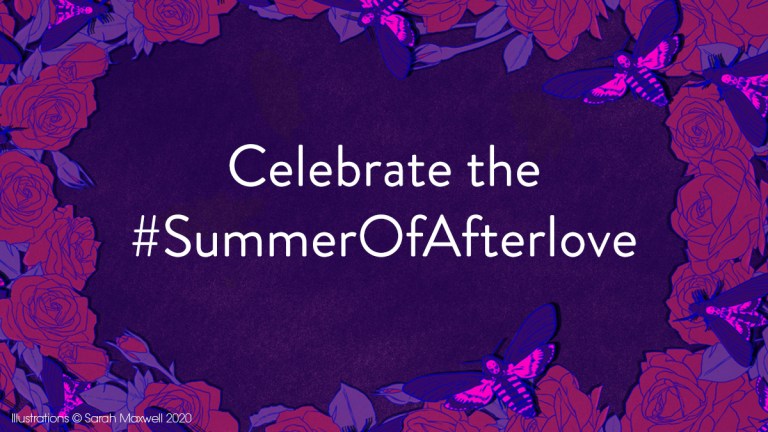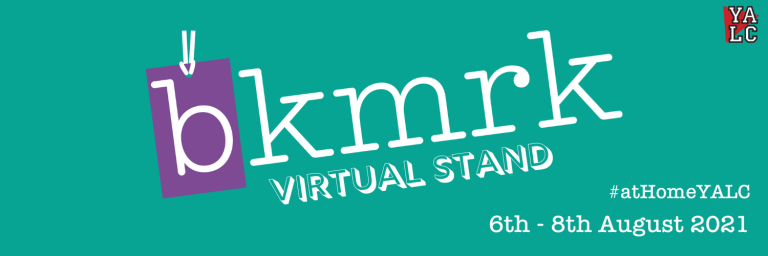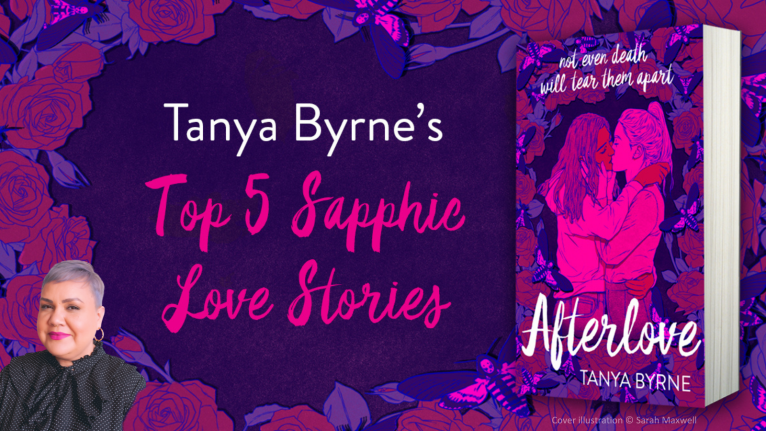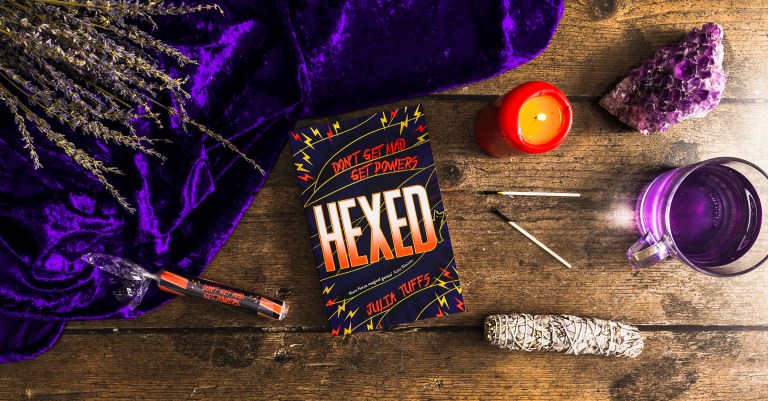Cath Crowley: Grief, hope and books
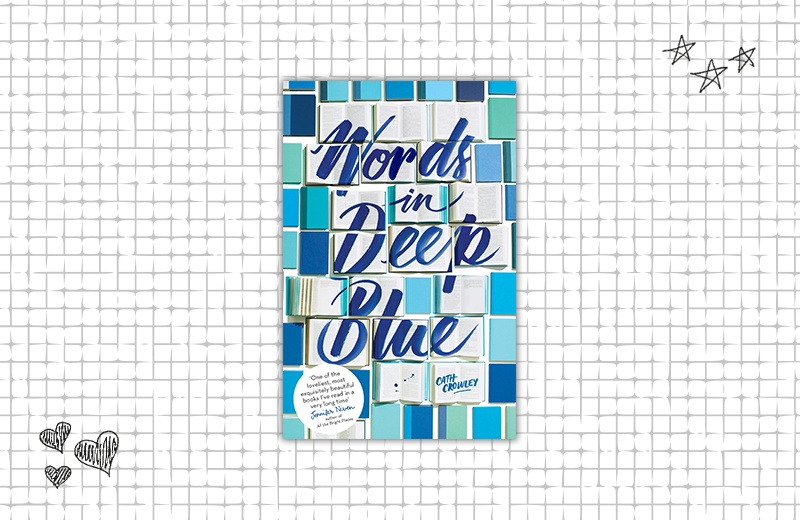
Cath Crowley, author of Words In Deep Blue, has written this beautiful piece about why she wrote the book…
I’ve received a lot of emails from readers since I wrote Words in Deep Blue, many of them about grief, hope and second-hand bookshops. Perhaps the most surprising – and wonderful – thing about writing this book is how so many people have told me that for them, like me, there’s a connection between these three things. I always have the feeling that although I don’t know the writers of these emails, as the same time, we’re not quite strangers.
These emails send me back to the early days of writing Words in Deep Blue, when I was grappling with the story. All I had was a feeling – it would be about second-hand books, time travellers. The pages would somehow be filled with the feeling of connection I have when I open my second-hand copy of A Streetcar Named Desire by Tennessee Williams and see the Hart Crane quote circled by a person I will never meet.
I had a sort of outline eventually – Rachel is grieving after the death of her brother, is charged with the job of cataloguing a Letter Library: a huge section of books on which the public can write. Readers can circle words, phrases, leave letters, leave dreams on the pages. And because the bookshop is closing, it’s Rachel’s job to catalogue the past.
It’s his cataloguing that interests me. We all catalogue our break ups, the great loves and heartbreaks, we catalogue failures, successes, the chapters in our lives. I don’t mean the kind of cataloguing that happens on social media. I mean the kind of private, aching catalogue of our past that happens privately. This is the cataloguing that Rachel is doing. She’s sifting through the past to find meaning in her brother’s death.
This idea made a lot of sense to me until my father died. My father loved words. We communicated through story – he’d send me second-hand books and I’d read them and we’d discuss. But when he died it seemed ridiculous that his books would give me any solace. There was no meaning in his death. I put away his books and Words in Deep Blue.
Almost a year to the day of his death, I went back to the books he had given me and I found a lot of things in them – I found cards that I’d sent to him over the years. He’d saved my childish handwriting in the pages of his books.
I realised it’s not a matter of Rachel finding meaning in her brother’s death, but rather her finding meaning in his life. She does this through cataloguing, the kind of cataloguing I did after my father died. We catalogue while living, too. We leave ourselves on the things we love. My father kept my childhood self in the pages of the books he loved. He left his love there, for me to find.
These are often what the emails to me are about – the comfort in books that continues. It’s why the writers and I aren’t quite strangers. We know about grief, and cataloguing, and the connections that save us in second-hand books. ‘There’s an archaeology of soul in a second-hand bookshop’ a bookseller once said to me, and this makes sense. Books are more than paper, they’re ideas and history and connection. There’s soul, however you interpret that word – us, on the pages, left behind.

